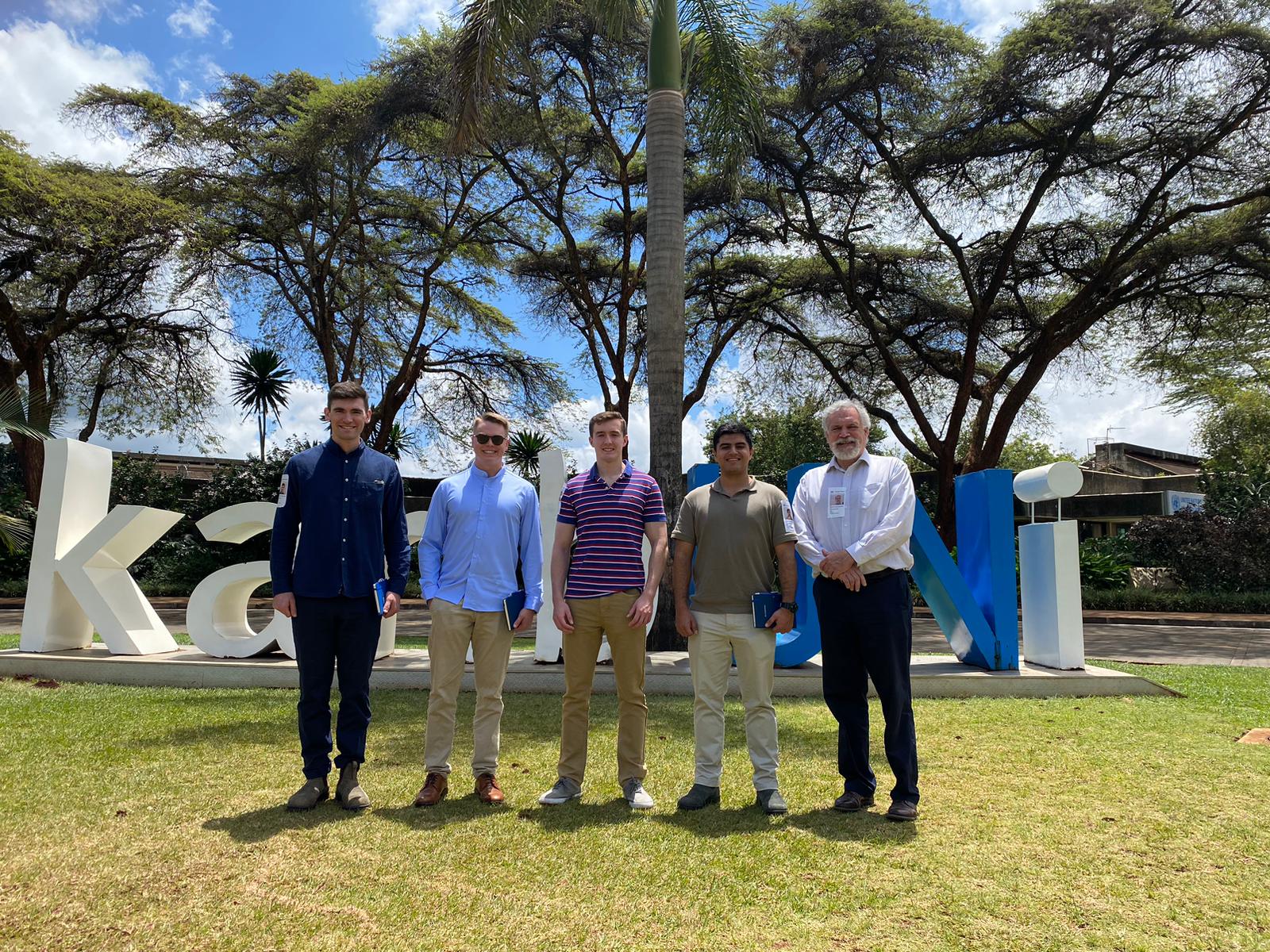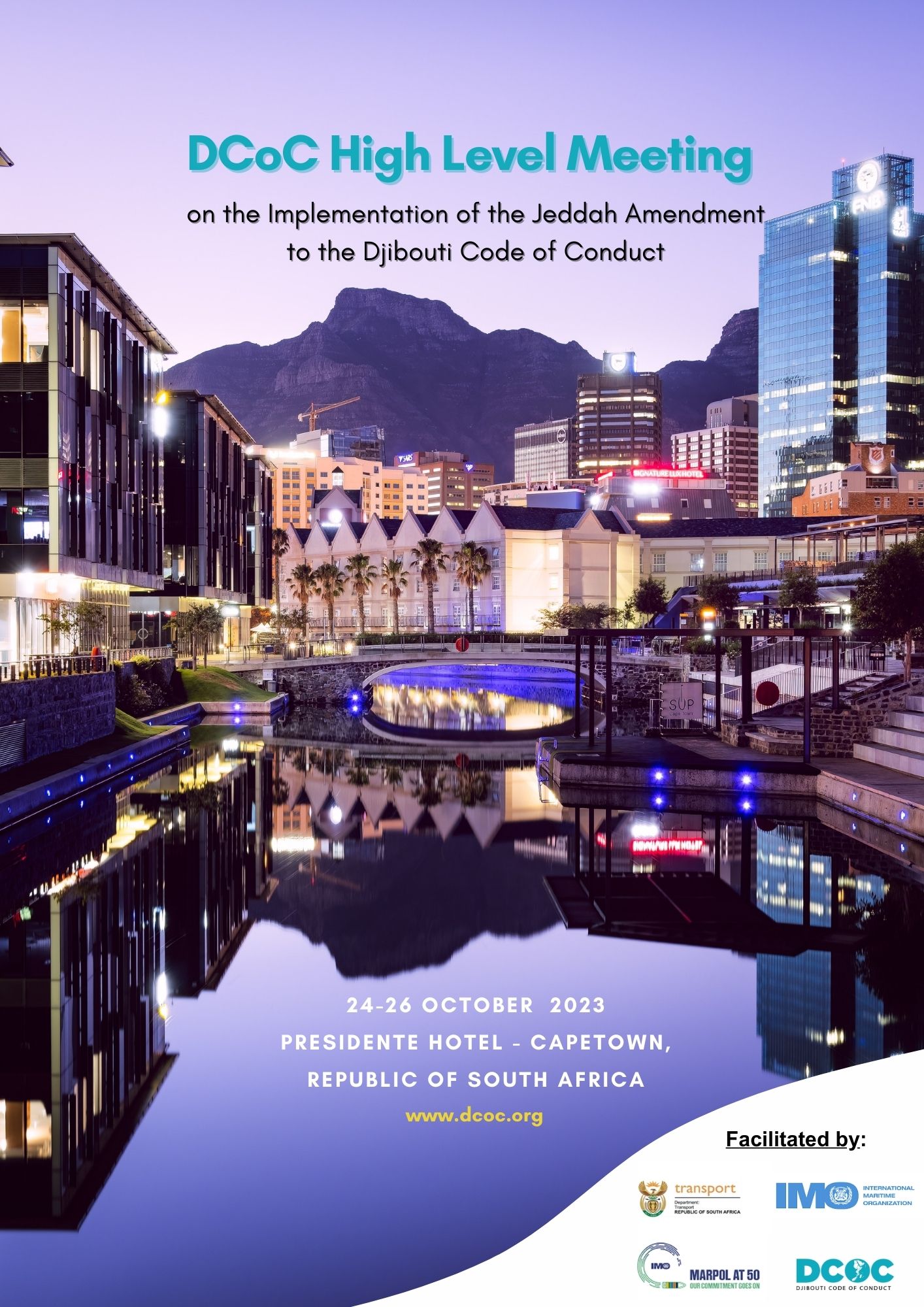USCG Research Project on Combating East Africa’s Illicit Drug Trade
The United States Coast Guard Academy has released it advanced research project paper on strategies to combat illicit drug trafficking in East Africa. This document explores how East Africa can effectively combat maritime crime, specifically drug trafficking, and the strategies the region can employ to enhance maritime coordination and security to prevent drug trafficking in the region. It aims to understand the political and economic implications resulting from the drug trade and how it undermines United States national security.
An overarching problem facing East African countries, is having insufficient bandwidth (i.e resources, capabilities, and capacity) in their capacity building efforts to deal with the drug trade problem. Other difficulties include regional competition, maritime boundary disputes, weak port authority regimes, lack of intelligence sharing systems and distrust among nations.
On matters interdiction and legal finish, the document recommends the need to create a common prosecution location, to deal with maritime crimes within East Africa, especially in light of the expanded mandate of the Jeddah Amendment to the Djibouti Code of Conduct which seeks to address other maritime crimes besides piracy and armed robbery at sea.
The DCoC/JA highlights that the war on piracy and armed robbery was successful in part due to the universal jurisdiction permitted by international human rights law which allowed nations like Kenya, Seychelles, Mauritius, and Somalia, to prosecute captured pirates, even outside territorial waters where they had no direct connection to the crime. Incorporating drug trafficking as a universal crime in domestic law, as was the case with piracy, was pointed out to be a significant challenge but researchers propose that the DCoC/JA as a vital regional framework can be used “to bridge nations through a common prosecutorial authority in a neutral space.”
The paper further proposes the promotion of bilateral ship rider agreements between DCoC/JA Signatories and Combined Maritime Forces member states where the former receives resources that promote enhanced capability while the latter gets to pursue crimes inside DCoC territories.
In order for maritime law enforcement agencies to make more narcotics interdictions, a proposal to have strong port authority regimes conducting training for DCoC/JA, was made. Shared technical knowledge on inspection best practices will ensure that inspections carried out against dhows (known to be the main source of drug trafficking means) are expanded to container ships, which have in recent days become the illusive contributor to the region’s drug trade. Presently, only two percent of the globally shipped 750 million container ships are inspected to ensure safety and customs protocols. High costs are incurred when ships are delayed at port, hence the low inspection rates.
The document proposes the need for heavy technological investment in streamlining container tracking; integration of maritime agencies in diplomatic dialogues such as the annual DCoC High Level meetings and the establishment of schemes such as the Arctic Coast Guard forum*.
To read more on the United States Coast Guard Academy Advanced Research Project (Africa), click here:
*For the region to mirror the Arctic Coast Guard Forum, proposals were made for the launch of an African Coast Guard Functions Forum at the Ministerial Declaration from the 3rd Ministerial Conference on Maritime Safety and Security in the Western Indian Ocean held in Mauritius (16 Nov 2023), to enhance maritime safety and security through cooperation among coastal states. Kenya has offered to host the first meeting.
NB: The USCG advanced research project paper is an undergraduate academic research paper submitted by 3 Government major cadets as part of their graduation requirement; that is, its contents do not in any way represent the views of the US government or the US Coast Guard.


